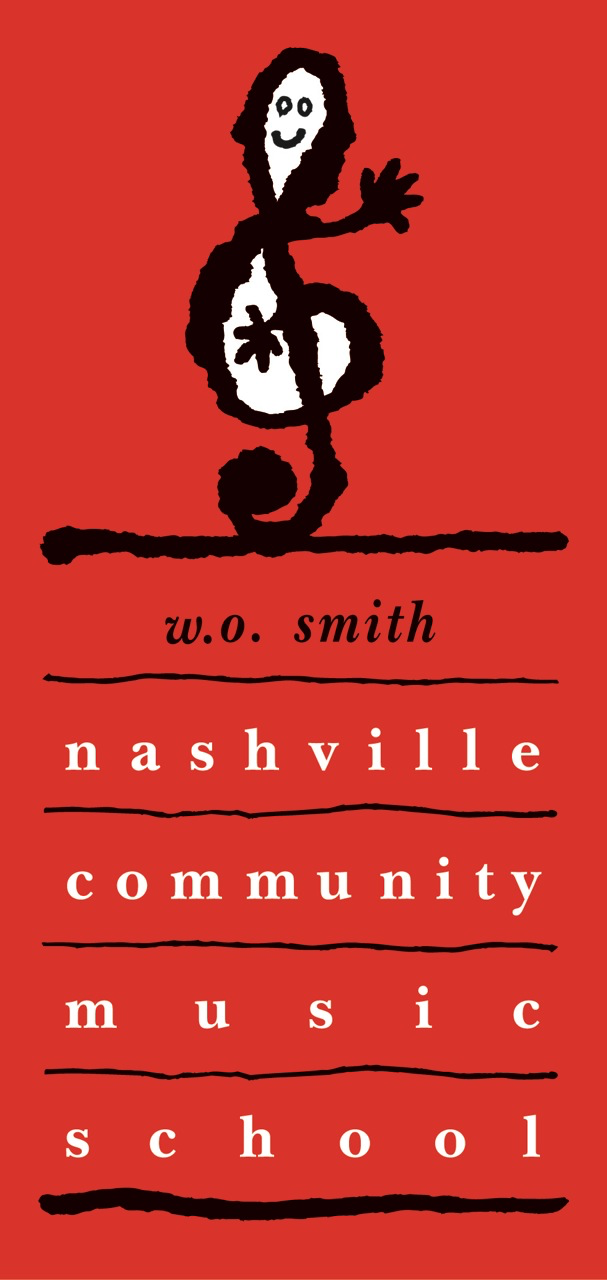TEACHER RESOURCE PAGE
In-Lesson Resources
Blank Staff Paper - Downloadable PDFs of a wide variety of Staff Paper
Online Metronome - Works in-browser so you and your students can access a metronome on a phone or computer without downloading
Online Tuner - Works in-browser so you can tune from a phone or computer
Sight Reading Generator - Customizable sight reading generator that works in-browser. Not setup or account needed.
Staff/Keyboard/Fret board/Guitar Chord Sheet - Downloadable PDF
RED - We need some help ASAP! YELLOW - Things could be better… GREEN - Things are going well!
School Links
Basic Musicianship Resources - This is the class that students must pass before starting private lessons. Feel free to review this material if you want to know where a beginning student is starting from.
Digital Music Books - Online access to music books to be used for previewing music for your lessons
Faculty Handbook - This document contains more detailed information about our policies that pertain to our volunteer teachers
Progress Assessments Links - Think link will take you to our Progress Assessments page with our forms. An informational Progress Assessments Video can be found below.
Recital Sign-up - This form will open up periodically to allow you to sign your student(s) up for the next recital
School Calendar - This calendar will have our planned school closure dates as well as other important events like recitals and assessments
W.O. Smith App Download GooglePlay or Apple App Store - Lots of helpful resources and contact info with easy access on your device
Helpful Videos for teachers
Video about our students, volunteers, expectations, resources, first day walk thru, and common questions.
Video about what progress assessments are, how they work, how to prep, and much more info.
5 Tips to help teachers get a jump start into teaching the first lessons of the semester.
Teacher's Panel featuring Lauren, Randy and Dave. Focused on teaching students with learning differences and much more.
Lesson Ideas
Getting Started: Simple Steps To Record
1) Sign up for a free account with an email (https://www.bandlab.com/ )
2) Click the “Create” button on the top right
3) Select “Voice/Mic” and press the Red Record Button
Now that you are recording, make sure you press Save (top right) if you don’t want to lose your work! There is much much more that you can do with Bandlab but don’t get intimidated. Try to keep it fun and keep exploring. Below you will find a few resources to help you keep learning about what you can do with Bandlab. As always, if you have questions or need anything please email me (jordan@wosmith.org) and I will be glad to help!
Prezi Slideshow about Bandlab - https://prezi.com/ztzwgtcluyk3/
Getting Started Video - https://www.youtube.com/watch?v=TAHn_0Vy-Zg
Youtube Channel about Bandlab - https://www.youtube.com/c/BandLab-Music
1) Theory - Work on their knowledge of reading music. This will be different for every student but you will know fairly quickly what their reading level is. From there you can choose what to focus on.
2) Listening - Pull up some youtube videos of people performing and listen to them with your student using share screen/share computer sound. Ask them questions about what they notice and what they heard.
3) Perform - Every student LOVES to hear their teacher perform. Choose a piece that shows something they have been working on…coordination, expression…etc. Ask them what they noticed in your performance.
4) Composing - This can come in various forms. Compose using only finger numbers, scale degrees, rhythmic subdivisions…etc. Just make sure it is written down in some way so you can revisit it and expand on it.
5) Improv - Find something they is level appropriate and show them how to start simply. Ex: Pick a scale, have them choose 1 note to improv with, expand to 2 notes…etc. There are tons of backing tracks to improvise along to on youtube if you want to play along with something.
6) Change the Order - If you normally start with scales, put them last…etc. This simple switch can grab and hold your student’s attention since they will notice something is different. They will be more on their toes waiting to see what else might be different.
7) Online Games - There are tons of free online games about music. You can do these together via share screen. I would suggest starting on www.musictheory.net
8) Invite a Friend - Do you have a significant other or a roommate who could join you for the last 5 mins of your lesson? They don’t need to be musically inclined…just willing to listen. This gives the student a mini performance experience.
9) Sight Reading - In online lessons it is especially likely to overlook certain skills like sight reading. Through sites like https://opensheetmusiceducation.org/generate-sight-reading-practice/ you can generate endless sight reading material catered to your student’s skills.
10) Share Music - Nothing will give you more insight into your student’s tastes and musical ambitions than finding out what music they care about. If you share the music that you are passionate about and tell them why you care about it. They are more likely to offer up the same in exchange.








